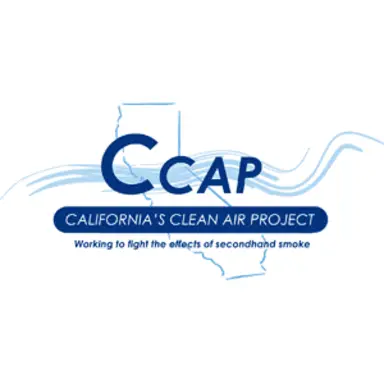California's Clean Air Project

Funder
California Department of Public Health – Tobacco Control Program
PI(s)
Narinder Dhaliwal
Description
This project primarily addresses the following priority population(s): American Indian and Low Income American Indian populations. California's Clean Air Project (CCAP) will work in the following geographical communities: Statewide in the 33 counties where American Indian populations reside.
CCAP shares the belief of the State and many others working in tobacco control: All workers should have the right to be protected from the dangers of SHS in their workplaces.
Objective 1: A minimum of 3 tribal casinos/resorts (e.g. Black Oak Casino, Sycuan Casino, Tachi Palace Hotel and Casino) will adopt 100% smoke-free gaming area policies and one of these and/or additional tribal casino will adopt and implement a 100% smoke-free gaming area policy.
Objective 2: A minimum of 2 Tribal Nations (e.g. Karuk, Pala) will adopt and implement a policy designating all common areas and 100% of individual units (including balconies and patios) in multi-unit housing (MUH) complexes as entirely smoke-free.
CCAP is active in the following:
- Conducting educational outreach and policy building infrastructure within the Tribal Nations in California to address secondhand smoke exposure.
- Collaborating with funded agencies throughout California and assist with relationship building on a local level with Tribal Nations.
- Building relationships with Native American housing leadership including members of the Nevada/California Indian Housing Association.
- Building relationships with Tribal Casino management including members of the California Nations Indian Gaming Association.
- Developing Native American populations specific educational materials and maintain a website with tools and educational materials.
- Using local and Native American specific media to inform the Sovereign Nations and public of project activities and increase local support for project objectives.
- Utilizing strategic planning sessions with target groups and local tobacco control advocates with the creation of specific advisory committees and plan project strategies.
- Creating a process to gather policies in one place pertaining to secondhand smoke on sovereign lands in California.
- Providing technical assistance to Tribal Nations and funded agencies to assist with the creation and implementation of smoke-free policies on sovereign lands.
- Evaluating and documenting project successes, challenges, barriers, and lessons learned.


